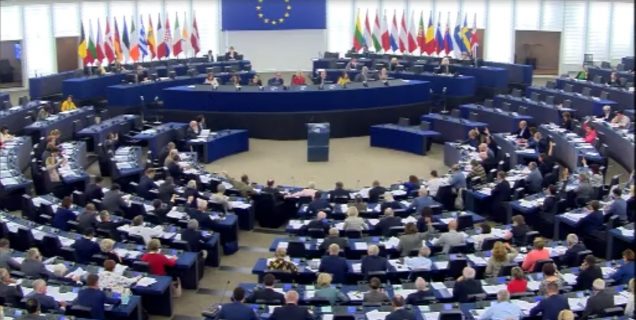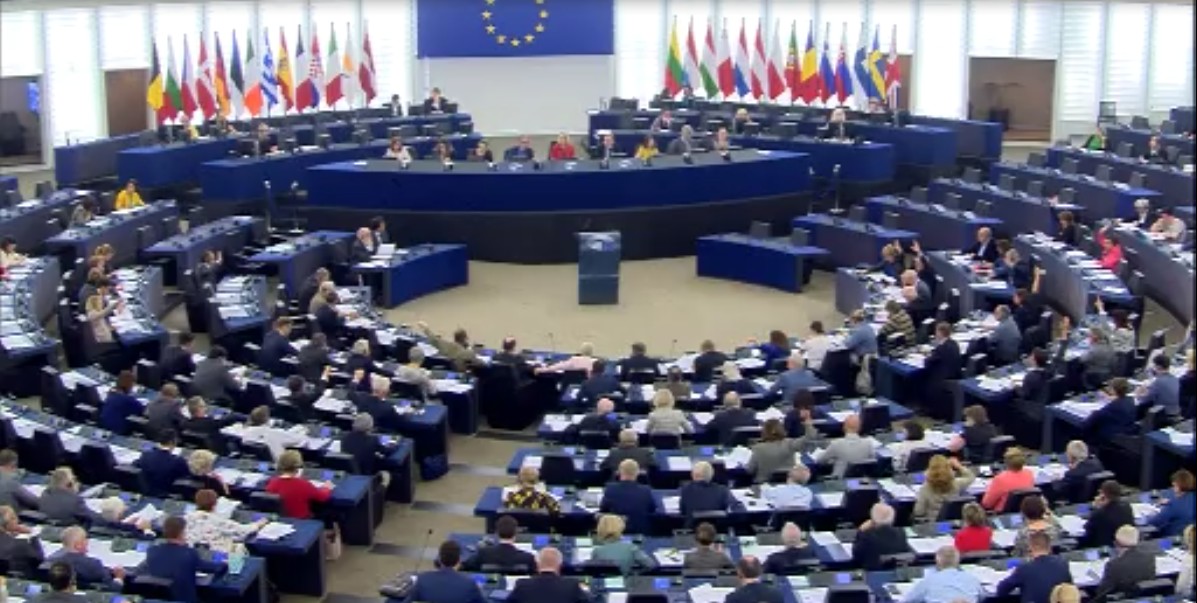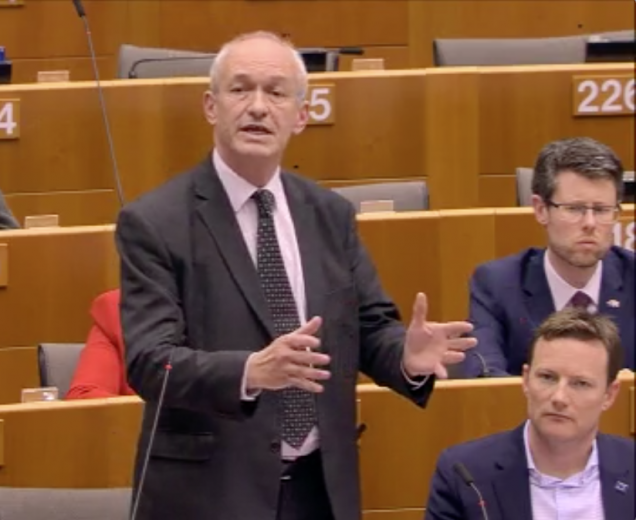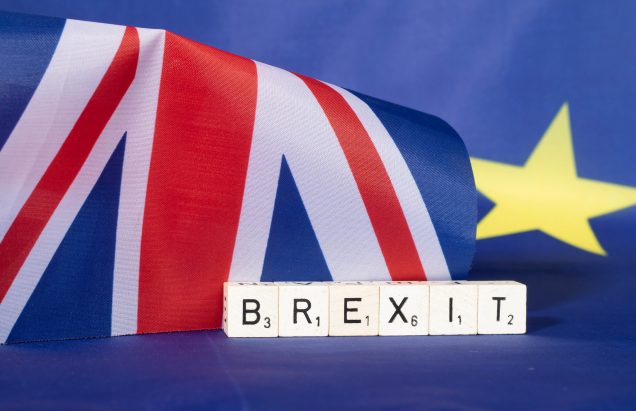It is not just the UK Parliament that will vote on the Withdrawal Agreement. The European Parliament will too.
It has generally been assumed that this will be a formality: the European Parliament is unlikely to reject a deal that has been agreed by a qualified majority (at least) of the EU27, and by the UK. And to further avoid such a risk, the EU negotiators have consulted the European Parliament and the relevant parliamentary committees every step of the way (in stark contrast to the way the UK government has treated the British parliament!) to make sure they are on board.
But this is to overlook the various options open to the European Parliament.
Apart from saying Yes or No to the deal, it can:
- Adopt a resolution beforehand, for instance straight after agreement is announced, asking for clarifications, reassurances, commitments or even a modification of the draft agreement, before it agrees to put the approval of the agreement on its agenda. Unlike the House of Commons, whose agenda is almost completely in the hands of the government, the European Parliament is largely master of its own agenda and timetable.
- Refer the deal to the European Court of Justice, asking for it to verify the deal’s compatibility with the treaties, including the Charter of Citizens Rights. As the deal will at the very least end or diminish the rights of some EU citizens, and the European Parliament is elected by citizens, there may be some pressure on it to do so. Any such case would take months, and the Court would have to say the clock stops ticking on the deadline, pending its consideration of the case.
- Simply wait, if there is a ratification crisis in the UK over the final deal. The European Parliament would not normally intervene in the internal British political debate, but it would not want to be the agent that brings such a debate to a halt, especially in the event of Britain possibly reconsidering its position on Brexit. And if the delay went beyond the 29 March deadline, it would be incumbent on the EU to extend that deadline, rather than force Britain to leave without a deal, as the delay would not be Britain’s fault.
The European Parliament is a “hung” parliament with no overall majority for any single political group. It is not in hoc to a “governing majority” with government whips dictating how members should vote. It has not hesitated in the past to reject deals that most Member State governments supported (such as the SWIFT banking data agreement with the USA, or the ACTA treaty).
Taking it for granted would be a mistake.






